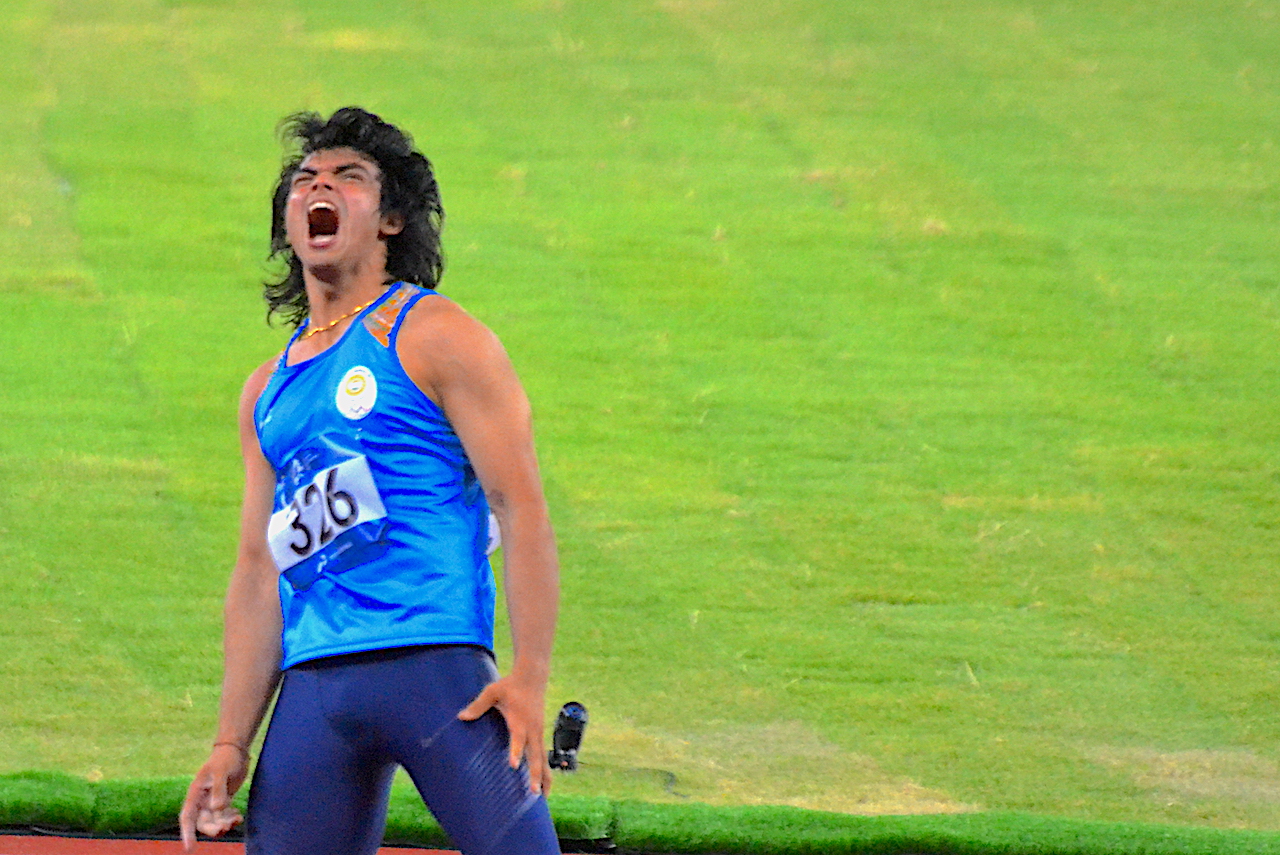Disclaimer: This piece is not a reflection of what happened or what did not happen in Paris 2024 Olympic Games where Vinesh Phogat was disqualified for not making weight on the morning of the final of the 50kg class Women’s Wrestling competition. However, this is a result of the reading sparked by a conversation with sports psychologist Malavika Vishwanath in the wake of that disqualification.
It is an endless search. But a very illuminating all the same. One of the most striking aspects that surfaced during the quest is that despite Indian wrestlers winning eight Olympic Games medals from the time in 1952 when KD Jadhav became the first athlete from independent India to win an individual medal, there appear to be few scientific studies on the impact of Rapid Weight Loss (and Rapid Weight Gain) on Indian athletes.
And this despite Sushil Kumar not making weight in the 66kg class in the Asian Championships in Pattaya on May 1, 2009. He claimed he had not been well and therefore could not bring his weight down by 450gm. His coaches, Yashvir Singh and Vladimir Mestvirishvili, and he were censured by the Steering Committee of the Ministry of Youth Affairs and Sports.
“This was sheer negligence on the part of the wrestler and his coaches. These things generally don’t happen. Athletes are expected to manage all these things. This is a warning for others also that while the Government is ready to fund them, no such negligence would be tolerated,” a spokesperson of the Steering Committee was quoted as having said in the first week of June 2009.
Indeed, that should have been a wake-up call, if not a lesson, for those managing weight-based sport like Boxing, Judo, Wrestling, Taekwondo etc. There does not seem to be much evidence, at least in the online space, of sports administrators and sports scientists in the country tracking the developments around the world.
To be fair, there have been reports of Inspire Institute of Sports Head of Sports Science Dr. Samuel Pullinger convincing a coach of the health risks in cutting weight of an athlete and letting the coach allow the athlete to compete in a higher weight category. But such instances are not only few and far between but not discussed much in the larger ecosystem.
A conversation with Chief Coach of the Indian Rowing team Ismail Baig – made necessary because the sport has events for lightweight scullers – revealed that athletes and coaches are the key people when it comes to being mindful. From careful selection of athletes to monitoring them on a daily basis, coaches play a critical role in ensuring that the rowers make weight ahead of each race.
Historical perspective
It is apparent that concerns about the health of athletes in weight-category sport were raised as early as in the 1930s and 1940s.
In the late 1990s, three healthy collegiate wrestlers in different parts of the United States of America died while using rapid weight loss strategy to qualify for competition. In the hours preceding the official weigh-in, all three wrestlers engaged in a similar rapid weight-loss regimen that promoted dehydration through perspiration and resulted in hyperthermia.
In 2013, the International Olympic Committee’s Medical Committee oversaw a Consensus Statement on minimising health risks to athletes in weight-sensitive sports and came up with a suggestions that included the need for sport-specific and gender-specific preventive programmes, established and recognised criteria for raising alarm and ‘no start’ decisions for athletes with eating disorders, modifications of regulations in some sports and identification of key areas for research.
A year later, Hattie H. Wright (North-West University, Potchefstroom, South Africa) and Ina Garthe (Centre Olympic Sports Centre, Oslo, Norway) teamed up to author a chapter on Weight-Category Sports in a book on Sport Nutrition, published by the IOC Medical Commission. The researchers-authors made five suggestions.
- • Daily weigh-in sessions with the first weigh-in to be less than 2–3 hours before competition.
- • Sports federations should have similar weight categories at national and international competitions, as well as more weight categories, especially in the low- and middle-weight classes.
- • Changing to a lower weight class during season should not be accepted. This could lead to smaller weight fluctuations/fewer occasions of weight fluctuation if athletes have to compete in the same weight class throughout the season.
- • Accepting weight allowance (e.g., 1–2 kg over weight limit) in smaller tournaments might reduce the frequency of weight cycling in a season.
- • Federations should enforce the principle of a “competition certificate” where athletes are measured for a minimum accepted body fat level and a safe hydration level. More research is, however, needed to set these healthy levels and which methods to use in assessing these measurements.
UWW responds to clarion calls to protect athlete health
It was after this that the United World Wrestling (UWW) showed signs of being concerned about the toll on athletes’ mental and physical health, becoming aware that a weigh-in on the eve of the day of the competition was possibly giving ample scope for Rapid Weight Loss and Rapid Weight Gain to come into play and impact athletes’ physical and mental health.
In September 2016, UWW President Nenad Lalovic floated the idea of moving to a two-day competition format to help promote athletes going for gold medals and suggested that the second weigh in could dissuade unhealthy weight cutting. Six months later, UWW announced a move to two-day format from January 1, 2018.
The wrestlers were required to weigh-in on the morning of their competition, with a 2kg allowance for the second day. However, in competitions beginning January 1, 2019, UWW decided against such a weight tolerance except in the World Cups and international tournaments not part of the UWW Ranking System.
Coach most influential person, nutritionist and physicians least influential
An article in the Journal of International Society of Sports Nutrition in 2022, based on research by 10 scholars from Serbia, Italy and Croatia during the Belgrade U23 World Championships in 2021 offers some insights, including the fact that the wrestlers start Rapid Weight Loss techniques around the age of 15 years.
The other key revelation is that the most influential person in Rapid Weight Loss strategies turned out to be the coach (for Freestyle, Greco-Roman and Women wrestlers) while the least influential was the nutritionist (for Greco-Roman and Women wrestlers) and physician (for Freestyle wrestlers).
A third finding lists the most popular methods used by the wrestlers to achieve Rapid Weight Loss. These include increased exercise, gradual dieting, training in a heated room, using sauna and training in plastic suits. The most practiced methods may likely have an adverse impact on athletes’ health, the article said.
“Given that the coaches have the most influence on wrestlers, there should be education provided for them to modify the methods and make them the safest possible… Coaches around the world could likely become able to give better and safer advice to their competitors when it comes to acute reduction of weight,” the authors wrote. “In the future, sporting organisations and institutions, along with sports scientists, should strive to modify the ‘weight cutting’ rules to a certain extent in order to prevent all possible harmful effects on health.”
The road ahead
The Indian sports ecosystem must imbibe these learnings from around the world and spread them to the earliest steps of the ladder of athlete’s long-term development journey so that our best athletes do not have to face such consequence as being disqualified from an event. Indian sport must no longer depend on native ideas of weight management of athletes in such sport.
There is an urgent need for research on the subject of Rapid Weight Loss and Rapid Weight Gain in competitive sport in India. Besides, India must have a policy that does not encourage massive weight fluctuation during a season. Nor should it allow athletes in weight-related sport to compete in lower weight categories once they have started a season in a particular weight category.
There are lessons to be learnt.



